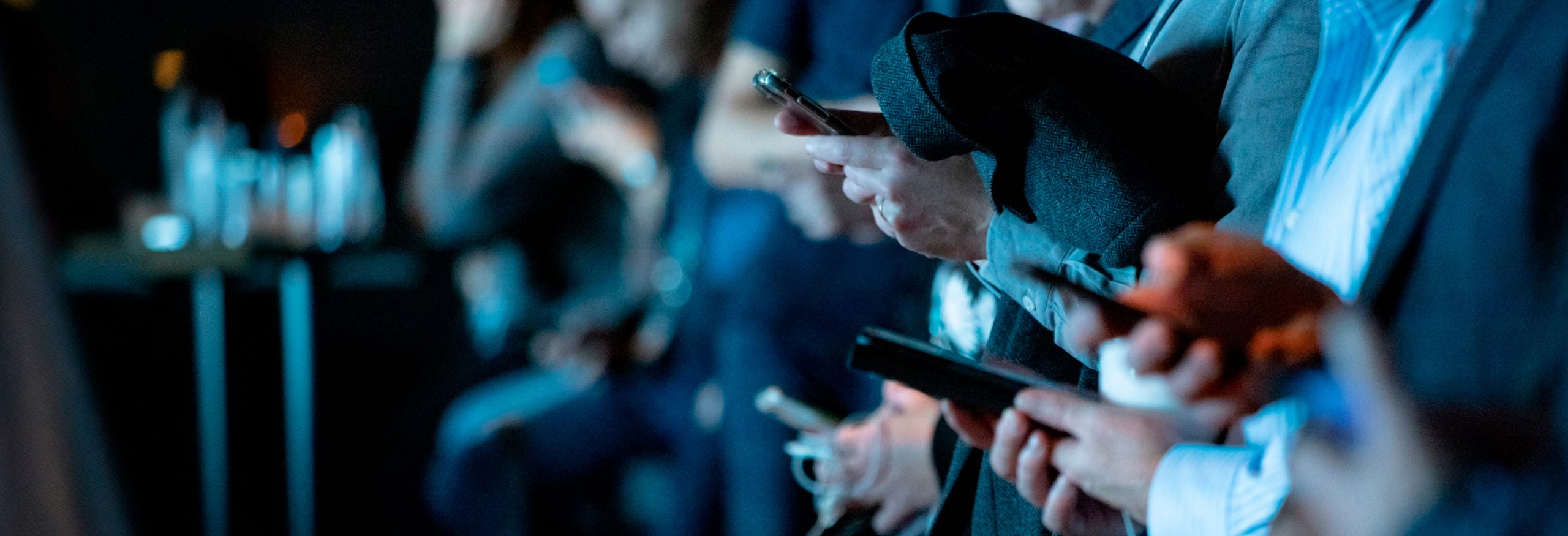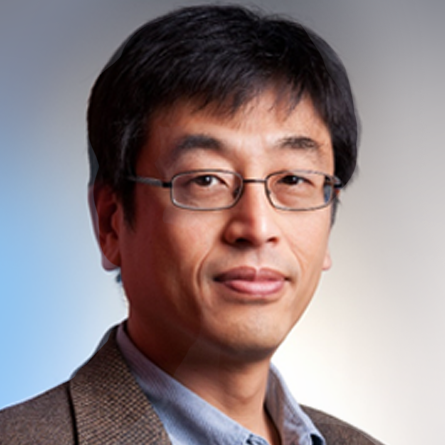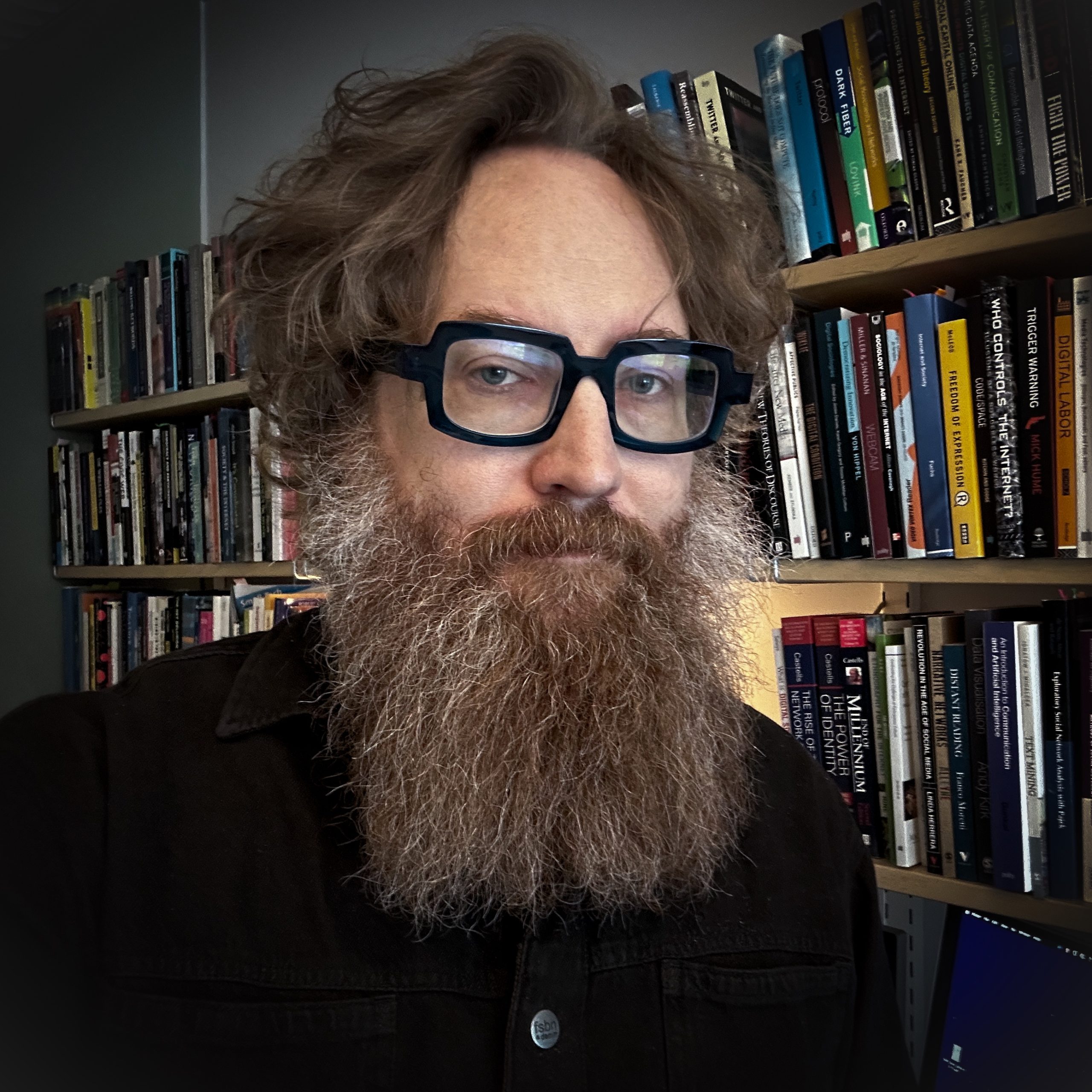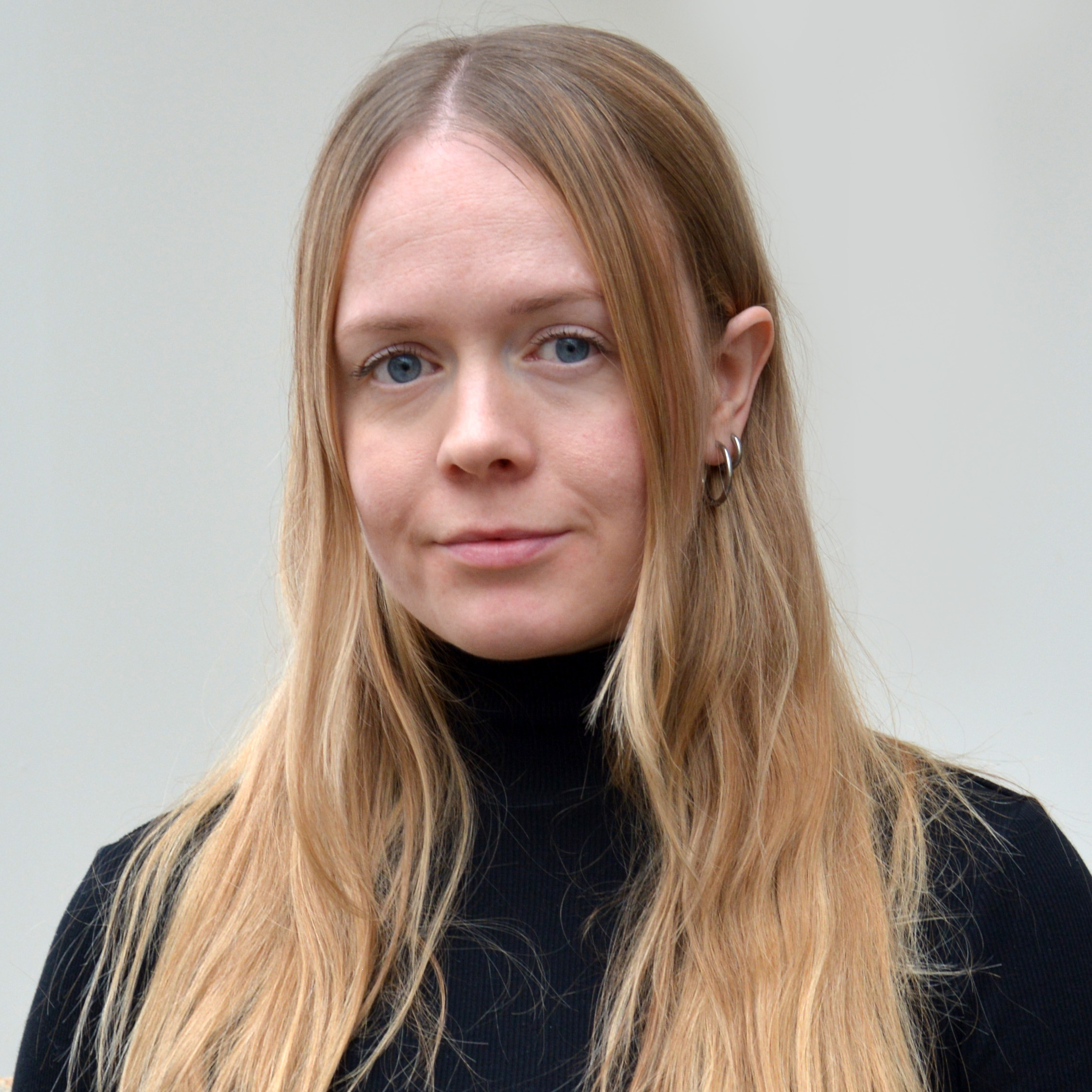< Projects

The Psychology of Social Institutions
In this interdisciplinary research collaboration, we aim to continue our collaboration in combining agent based social simulation (from AI) and psychological experiments. For the specific research performed by the PhD students we aim to test and develop theories on institutionalization, deinstitutionalization and legitimation of institutions, and study how AI-filtered social media affects such processes. In so doing, the project will help address societal challenges and implications of AI, while making important contributions to neo-institutionalism, a major theoretical perspective in understanding societal functioning and development. Finally, it also contributes to the development of socially aware AI as it will help develop computational models that are needed for AI systems to be aware of the social processes of which they are a part.
In neo-institutionalist social sciences, institutions are typically conceptualized as regularities of human social behaviours arising as equilibria in complex social systems, or alternatively, rules of conduct adhered to and often sanctioned in society. Institutions pertain to such human constructions as marriage, democracy, and nation-states, which are foundational to human living in the 21st century. As theoretically diverse as it is, neo-institutionalism has become a major, if not dominant, theoretical perspective in social sciences, including sociology, political science, and economics. However, the psychological underpinnings of institutions – how individual citizens interact with institutions and participate in their formation, maintenance, or transformation – have not been investigated fully. We examine how individual citizens interface with institutions from psychological viewpoints, and ask how individuals generate, select, and come to regard some behavioural patterns or rules of conduct as institutions, and conversely, how they begin to dismantle them.
Start: 1 September 2023
End: 31 August 2028
Project type
Guest Professor Project
Keywords
Universities and institutes
Umeå University
University of Melbourne
Project members

Yoshihisa Kashima
Professor
Umeå University
University of Melbourne

Frank Dignum
Professor
Umeå University

Simon Lindgren
Professor
Umeå University

Felicia Lundstedt
PhD student
Umeå University

Yifan Wu
PhD student
Umeå University

